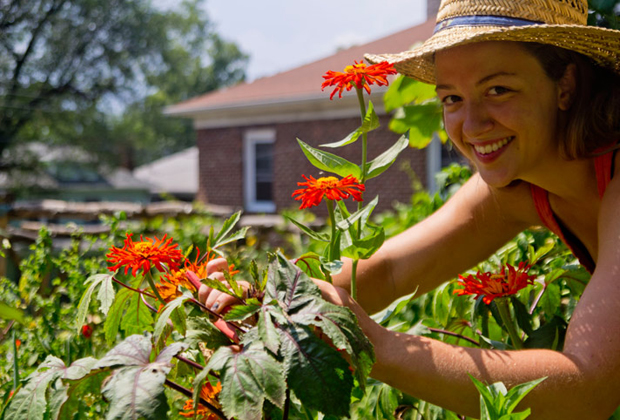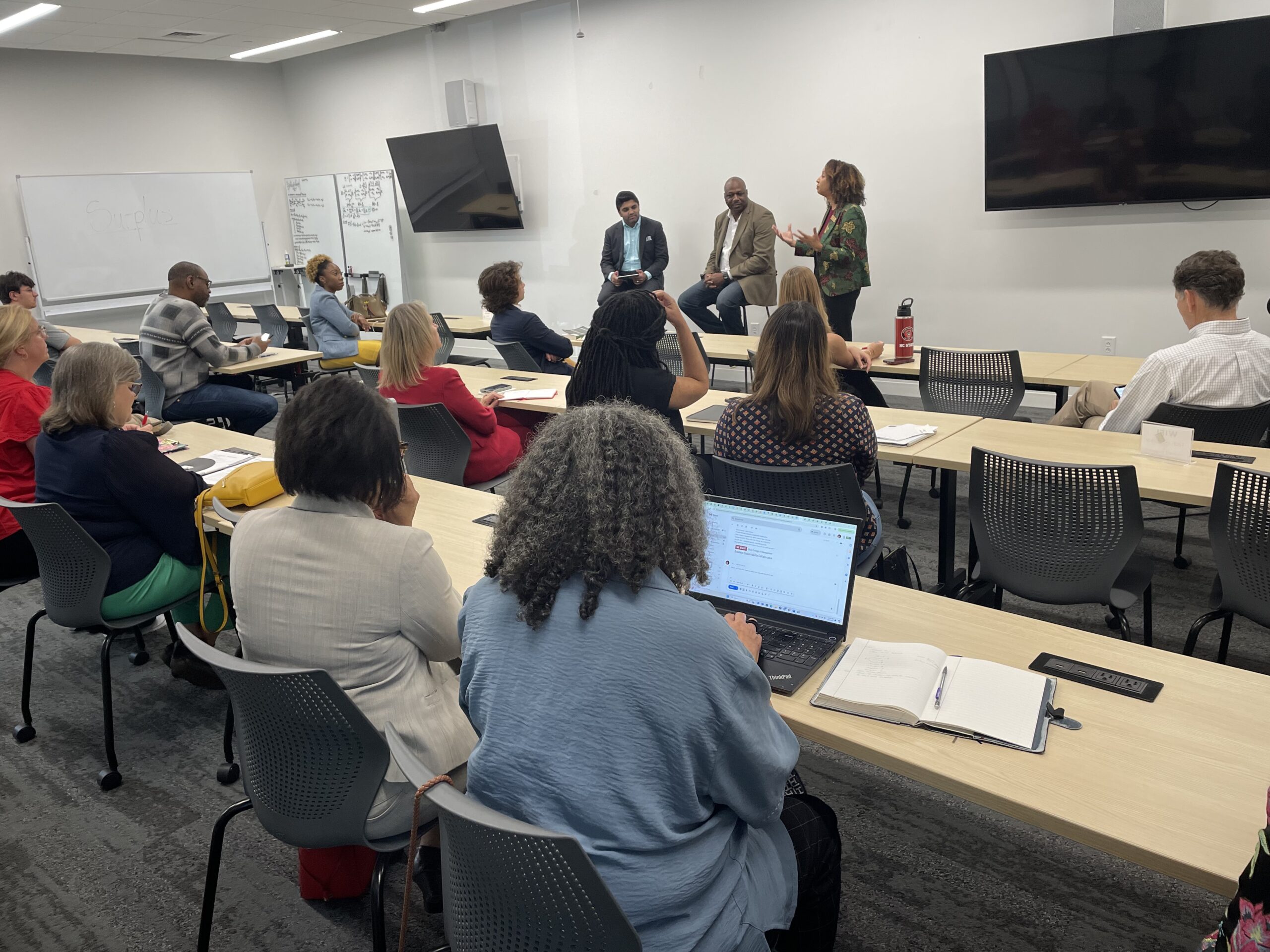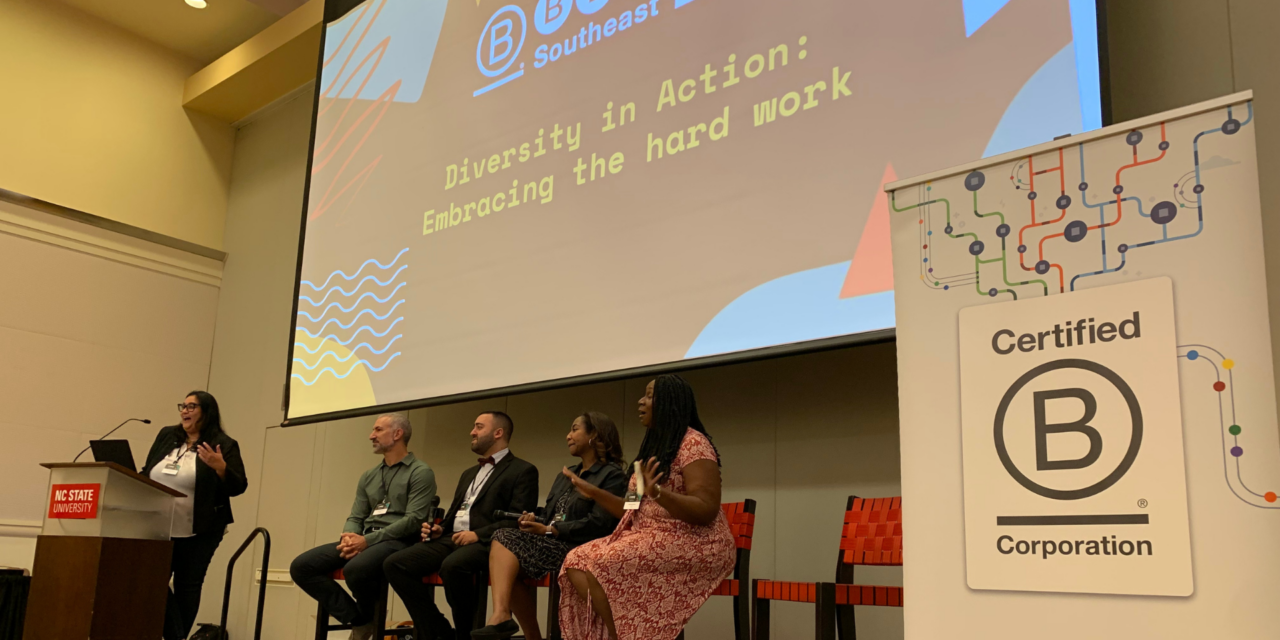Asheville’s Urban Farm School to Foster Local Food Projects

Guest Post
By Leah Quintal
Imagine this: your company launches a corporate social responsibility program by planting an onsite garden for employees to maintain and harvest. Excess food is donated to area food banks and homeless shelters. School groups come tour your garden. You become a community darling due to your social and environmental impact. It’s good for your business, it’s good for your community, it’s good for your employees, and it’s sensational PR.
Sounds well and good in theory, but is it achievable?
Bringing Food Production Inside the City Limits
This May, a new Urban Farm School in Asheville is piloting an intensive 28-week hands-on program for students who want to learn the “ins and outs of growing resilient food systems in urban environments.” Working with local companies and community organizations, the school will train students to work on specific urban food applications like community gardens, green schoolyards, farm-to-restaurant plots, edible parks, church food yards, and community supported agriculture (CSA) programs.
Students will gain permaculture certification while working with 25 practitioners on urban project sites in Asheville. Participants are encouraged to design a program within the curriculum that addresses specific needs of their organization or business.
Says program founder Janell Kapoor on the school’s website, “The Urban Farm School is significant because it is 100% possible for us to collectively create truly local, long-lasting, integrated and vibrant culture within our cities. …. Addressing food means we address all aspects of society: from education to economics; from water supply to seed supply; from local governance to quality of life. None of these things are separate.”
Food for Thought
Urban Farm School sees itself as a venue for fostering new programs. Project ideas include:
- 10 households in one neighborhood match contributions for start-up funds to create a neighborhood CSA
- A hospital establishes a micro-farm for their cafeteria and gains recognition for innovating integrated health programs for patients and staff (in the works)
- A restaurant establishes a farm-to-restaurant food production project that educates and employs low-income youth (in the works)
- Five area bed-and-breakfasts co-sponsor a neighborhood resident to start a permaculture farm to supply them with flowers and eggs and offer eco-tours to their guests
- A church establishes a food yard that provides CSA shares for congregation members and sends excess to shelters (in the works)
Engaging the Broader Community
Beyond the organizations and students who are directly involved with this summer’s pilot program, Urban Farm School is connecting with companies and sponsor organizations across the Asheville area that have an interest in local food. If the pilot program is successful, they intend to scale up.
What Urban Farm School does that is unique is provide a low-risk format for organizations to test innovative new local food delivery models. Ones that are successful might prove replicable across the state. This kind of innovation is sure to keep North Carolina at the forefront of the local food conversation.
~
Leah Quintal is a project manager with Asheville-based online marketing company JB Media Group. She is also a freelance writer, environmental activist, and supporter of the local food movement.
Follow the Urban Farm School on Facebook
Follow @QuintaLeah on Twitter
- Categories:


